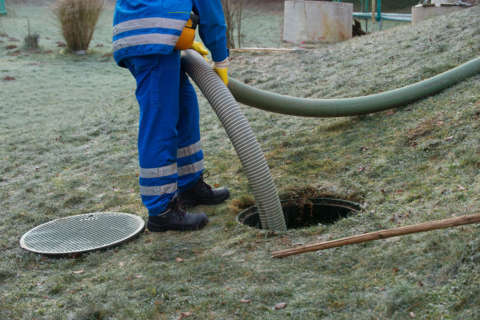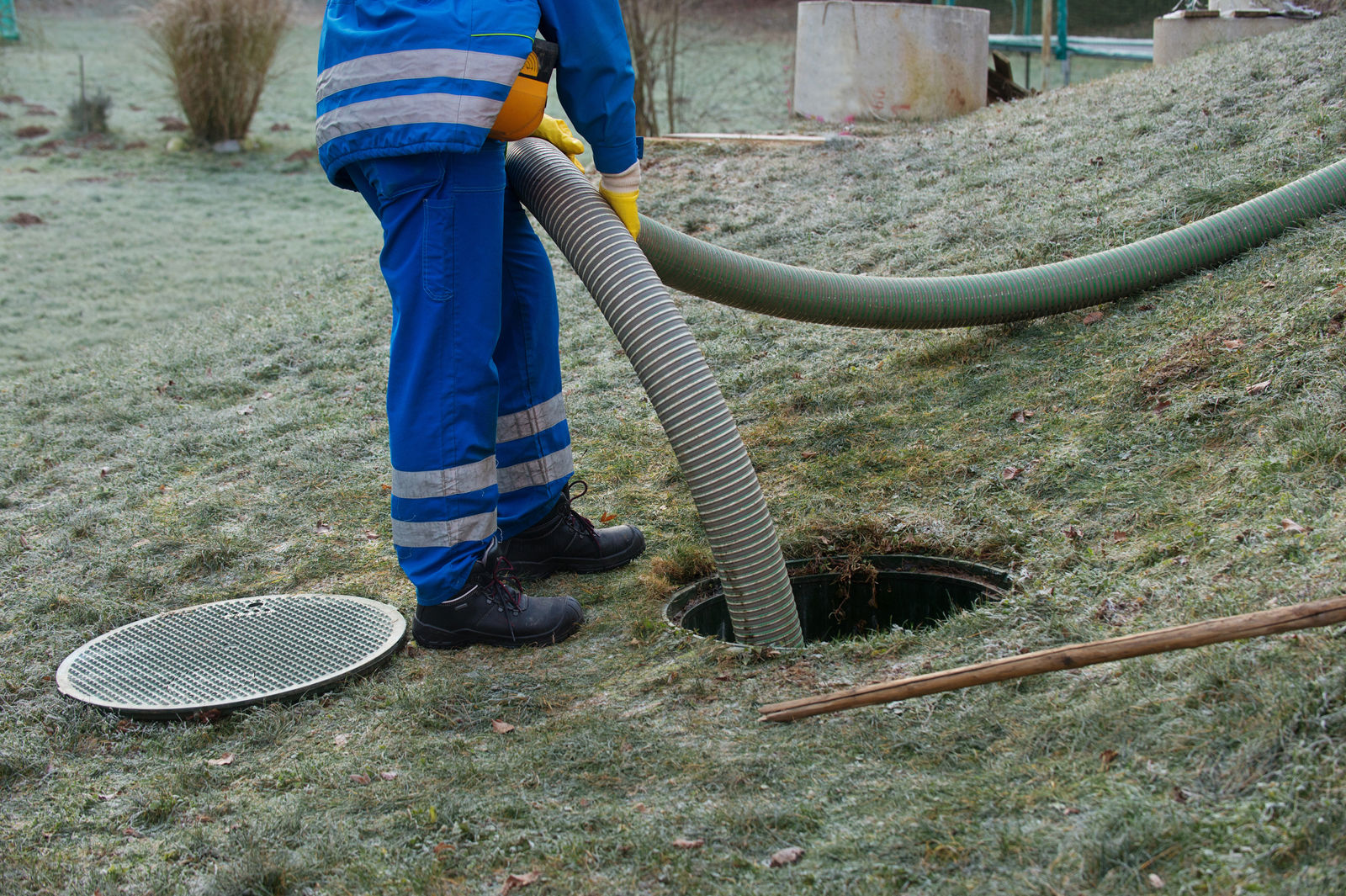
WASHINGTON — Roughly 140,000 gallons of wastewater spilled into area waterways in Montgomery and Prince George’s counties in Maryland over the weekend. WSSC crews were sent to Rockville and Fort Washington to contain the wayward wastewater.
The next step is figuring out the causes of each incident.
The first overflow in a wooded area near Redgate Farms Court in Rockville, Maryland, sent more than 40,000 gallons of untreated wastewater into Rock Creek between Friday afternoon and early Saturday morning.
According to a WSSC news release, that overflow started around 4:10 p.m. Friday and lasted until 2:10 a.m. Saturday. Crews worked throughout the night to bypass a portion of blocked pipe with an “over-pumping installation.”
Crews have posted 20 signs notifying the public about the spills and have cleaned the area.
On Saturday, a 14-minute spill at a Broad Creek Wastewater Pumping Station in Fort Washington sent more than 100,000 gallons into a drainage channel that flows to Broad Creek.
That spill started at 4:39 p.m. and ended at 4:53 p.m.
Sixteen signs were posted at the overflow sight to notify the public about that incident.
“We’re still investigating a reason,” WSSC’s Luis Maya said regarding both overflows.
WSSC has also notified Maryland’s Department of the Environment about both spills, as well as Montgomery County Department of Environmental Health and the Prince George’s County Health Department.
Even though they haven’t narrowed down the cause, Maya said “about 25 percent of the overflows we see are caused by fats, oils and grease.”
Maya said things like baby wipes flushed down the toilet also cause pipe blockages.
He reminds customers that sewage pipes share similarities with the human circulatory system. It’s like “an artery. If it’s too much grease, too many fats that are going down the pipes, it blocks it exactly the same way as a vein or an artery near your heart.”
Maya also notes the difference between wastewater spills and broken water mains.
“We can’t just turn off the sewer pipe, so that’s why it continues to flow. If a water main breaks, or there’s something blocking it, we can just turn it off and it stops the water from going. It doesn’t work the same way for a sewer pipe. If we did, it would back up into houses, and we definitely don’t want to do that either.”
One thing the utility stresses is that the tap water supply is safe.
“WSSC’s sewer system is completely separate from the water system. There’s no need to worry about the water being contaminated,” Maya said.








